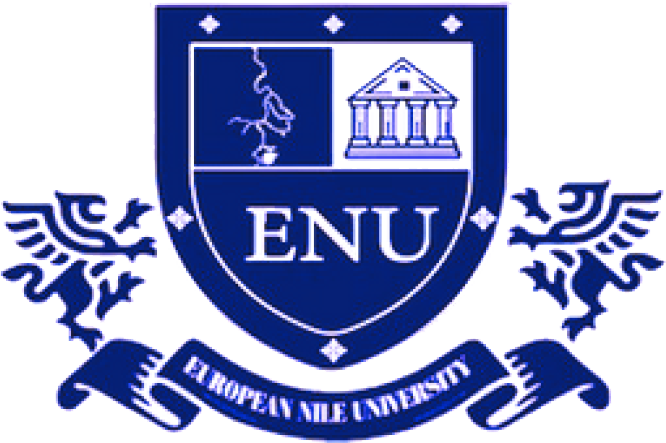
Popular faculty development models
Faculty development is a critical component of any successful educational institution. By providing opportunities for faculty to learn and grow, institutions can ensure that their students are receiving the best possible education.
There are many different faculty development models available, each with its own strengths and weaknesses. Some of the most popular models include:
-
- In-service workshops: This is a traditional approach to faculty development, in which faculty attend a series of workshops or seminars on a particular topic. In-service workshops can be a cost-effective way to reach a large number of faculty, but they can also be less effective than other models that provide more individualized support.
-
- Coaching and mentoring: This model involves pairing faculty with a more experienced colleague who can provide guidance and support. Coaching and mentoring can be very effective in helping faculty develop new skills and improve their teaching practices.
-
- Action research: This model involves faculty conducting their own research on their teaching practices. Action research can be a powerful way for faculty to learn from their own experiences and make improvements to their teaching.
-
- Communities of practice: This model brings together faculty who share a common interest or goal. Communities of practice can provide a supportive environment for faculty to learn from each other and share ideas.




